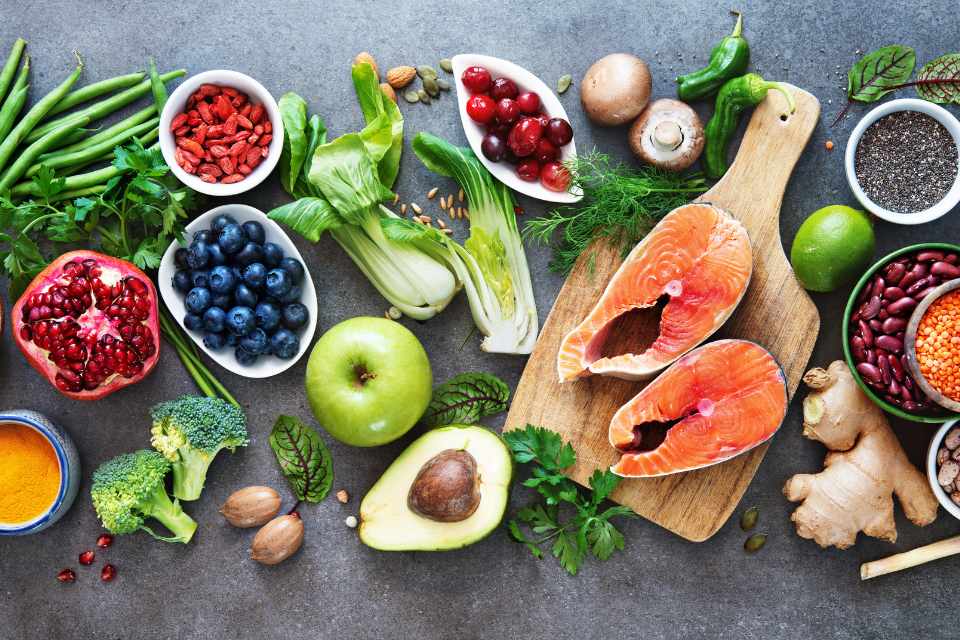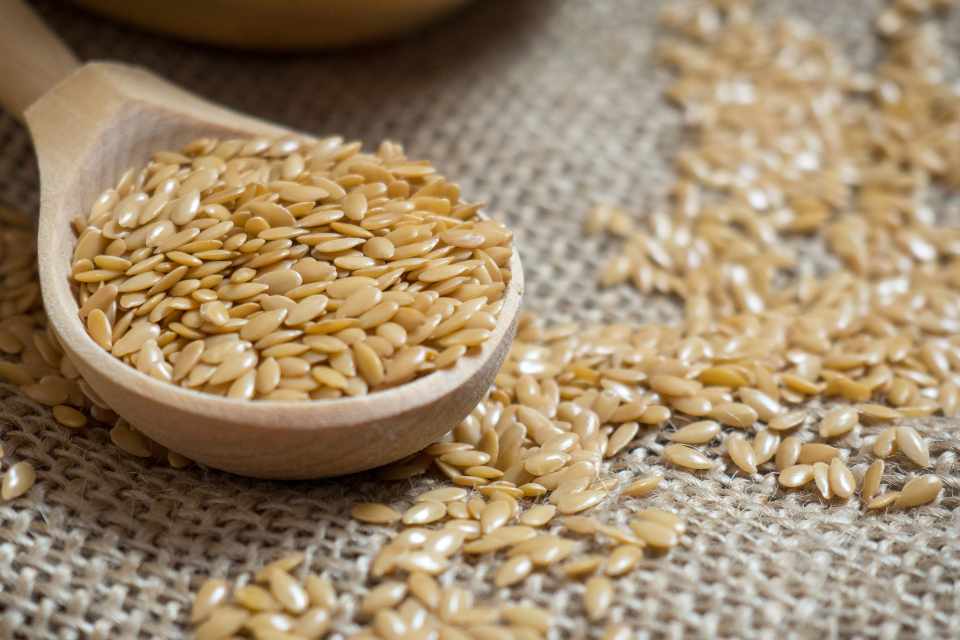As I have discussed before scientific studies suggest that the Mediterranean diet is the healthiest way to eat. There are hundreds if not thousands of studies that support the use of this way of eating for improving health as well as reducing the risk of developing a chronic disease, potentially reversing chronic disease and for increasing life expectancy.
The Mediterranean diet should really be viewed as a concept based on a collection of traditional dietary habits that might have been followed by people in the countries that border the Mediterranean Sea, before the mid 1960s.
But do we know exactly what to eat on the Mediterranean diet? For instance, does this suggest that eating pizza or pasta with a cheese sauce are healthy food choices? In fact, pizza is not a traditional Mediterranean food.
If you’re familiar with the food pyramid lets consider how a food pyramid for the Mediterranean style food plan would look. At the base of the pyramid would be mainly vegetables, but also fruits, whole grains, beans and legumes, nuts and seeds and herbs and spices. The next level on the pyramid, meaning a smaller emphasis in the food plan, would be fish and shellfish. Fish should be consumed in moderate levels. Further up the pyramid, meaning a smaller emphasis on the food plan, would be poultry and eggs, and small amounts of dairy products like cheese and fermented dairy such as yoghurt and kefir. And, finally at the top of this pyramid would be meat and sweets, so these should only be included in very small amounts. Yet the Mediterranean diet is not a vegetarian meal plan, though it does emphasise plant based foods first.
So when putting foods on your plate the main focus of this style of eating should be a wide variety of vegetables. For instance at least half of the plate should be covered with a variety of vegetables. If you are going to include whole grains with your meal then have a small amount. Make sure to have some protein, such as fish. There is much less emphasis on poultry in this style of eating. And red meat should be considered as a condiment.
This food plan might be considered a relatively high fat diet, however the currently popular avocado does not form part of the traditional foods eaten in this diet. Olives and olive oil will supply the major part of the fat, but oily fish will contribute as will fats from nuts and seeds, whereas fat from red meats and dairy products will be small in comparison. Extra-virgin olive oil could form at least 15% of the calories on this food plan.
The Mediterranean diet does emphasise fresh whole foods, and therefore it is low in processed foods. It is also rich in antioxidants from vegetables and fruits.
Though red wine is often associated with the Mediterranean diet the main beverage should be water, while fizzy drinks should be consumed perhaps less than once a week.
And let’s not forget, perhaps one of the most important aspects of the Mediterranean lifestyle is the tradition of enjoying mealtimes with others. This is important because it is not always what you eat but how you eat it that makes a difference for your health,








0 Comments